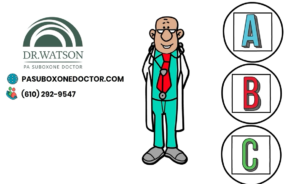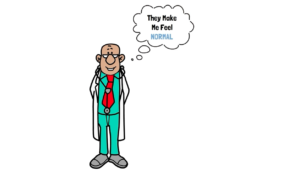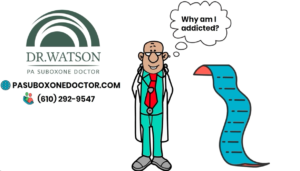Finding the right treatment to recover from substance abuse disorder can be incredibly challenging, as people react differently to the same types of treatment. The path to recovery varies from person to person. It also depends on factors like the individual’s environment, genetics, and medical history. So, instead of looking for a singular solution to addiction, healthcare providers have developed a large range of solutions. In the world of substance abuse treatment, these solutions are called individualized treatment plans.
What are Individualized Treatment Plans? Why are there Many Different Solutions?
Individualized treatment plans are what they sound like. They are customized roadmaps to treat people struggling with addiction. The causes of addiction vary, and the treatments must account for these different causes. For example, AUD’s causes are approximately 50% genetic and 50% environmental factors. Similar factors also influence the causes of Opioid use disorder. For instance, some people are prone to addiction behaviors due to a history of substance abuse in their family. Others grow up in communities where substance abuse is prevalent and are exposed to these substances at a young age.
When coming up with individualized treatment plans, healthcare providers will take these causes into account. This can look like including more therapy and education in the overall treatment journey. Or, it might look like choosing a medication that a patient will most likely stick to (injections, oral, daily, monthly, etc.). Furthermore, it’s important to note that people react very differently to typical treatments and medications. Thus, it’s essential that the provider you visit understands you and develops a treatment plan specifically for you.
Why an Individualized Treatment Plan?
There are many reasons why individualized treatment plans are considered more effective than standard treatment. To begin with, these plans allow a precise diagnosis of an individual’s addiction. Furthermore, the personalization of the treatment improves the patient’s engagement in the recovery process.
Individualized treatment plans yield better results than more generic approaches. People given individualized treatment plans are 38% more likely to stay clean long-term than those who do not. Personalized treatments work better because they take into account an individual’s background, upbringing, personal experience with addition, and more of their unique needs. They also allow patients to take a more active role in their own recovery journeys.
In short, individualized treatment plans yield better health outcomes for addiction recovery patients. Personalization targets specific causes of addiction and encourages active participation from the patient. Are you looking for an individualized treatment plan? If so, you can contact Dr. Watson in Philadelphia today.
Sources:
- https://www.ncbi.nlm.nih.gov/books/NBK436003/
- https://www.ncbi.nlm.nih.gov/books/NBK553166/
- https://www.smithfieldtimes.com/2024/06/04/how-individualized-treatment-plans-enhance-drug-and-alcohol-rehab-success/
- https://thenestledrecovery.com/rehab-blog/individualized-treatment-plans/
- https://integrativelifecenter.com/substance-abuse/identifying-the-most-effective-treatment-plan-for-substance-abuse/
- https://www.ashleytreatment.org/rehab-blog/what-is-included-in-an-individualized-treatment-plan/








